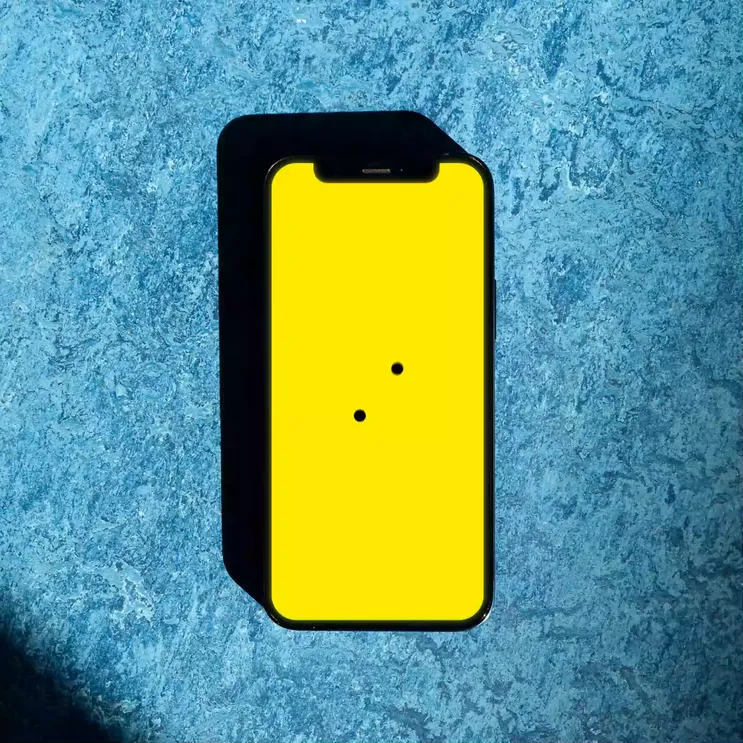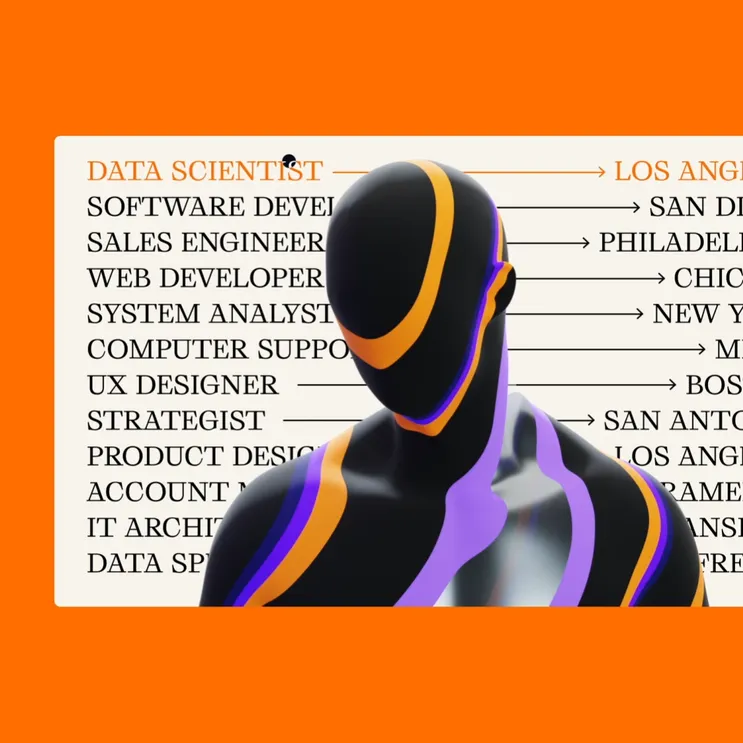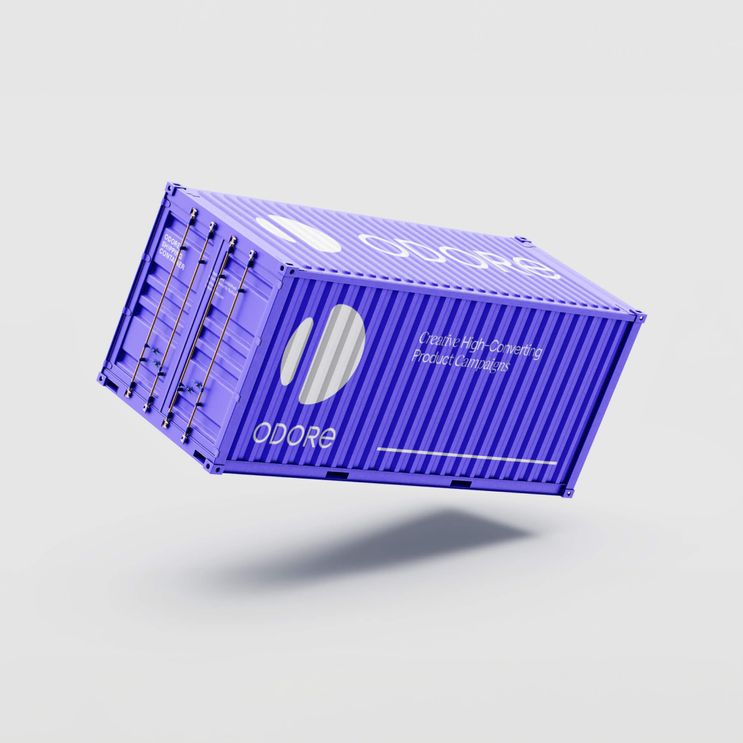Web 3.0
4 min read
Bringing Power Back to the Artists With Music NFTs
Music NFTs are emerging as a major alternative to the traditional music industry and are beneficial to the artist and the fan.
In the past year, several of them have emerged, platforms such as OneOf, AirNFTs, Sound.xyz as well as the mainstream marketplaces like Opensea and Rarible also getting involved, bringing fans closer to their favourite musicians and giving control back to the artists themselves. Another music marketplace, Royal, was founded by Justin Blau, a world-renowned dance music artist.
The success of these platforms is causing a ripple effect across the industry, by eliminating intermediaries, music NFTs enable artists to develop a stronger relationship with their fans and make a profit by selling their music.
By incorporating streaming rights and transaction fees into smart contracts, artists can earn royalties from every purchase of their music.
Why are Music NFTs getting so popular?
Well, in simple terms it revolutionises a broken industry.
Music NFTs enable fans to rally around their favourite artists and enjoy exclusive content and experiences. They also allow token holders to retain a stake in the artist’s creation.
Eminem’s NFT collection, Shady Con, features original beats and digital action figures. This NFT collection has already generated over $4 million in sales.
Music NFTs can be a great way to reward fans while generating additional revenue. They can be distributed via a variety of platforms, including streaming and downloads, and allow artists to sell a portion of their album’s off-chain revenue, including TV partnerships and merchandising sales.
This allows musicians to expand their artist ecosystem, while giving fans exclusive access to their music.
How does the future look?
The music NFT market is still in its infancy, but it is an ideal time for experimentation. It is also a great way to engage the community, especially with the use of a Metaverse. This will give a larger audience for their work, and also have a better chance of selling it.
They are, however, not a replacement for traditional music industry intermediaries. As with any other type of monetisation, it’s important to understand the audience and how they consume music. While many musicians complain about the low payouts from streaming services, there are a number of high-profile artists who have bankrolled NFTs and received significant payment.
There are several benefits to a rock-solid music NFT contract. Firstly, having one will help the artist keep more of their revenue. In the past, the record label would have taken control of the money, but NFTs shift that power back to the artist. In addition, it would put pressure on streaming music services.
Everyone from celebrities to unknown musicians are getting in on the action. While many people are jumping into NFTs for cash, there are also those who want to create new paths in the space, bringing value and innovation to the industry.























